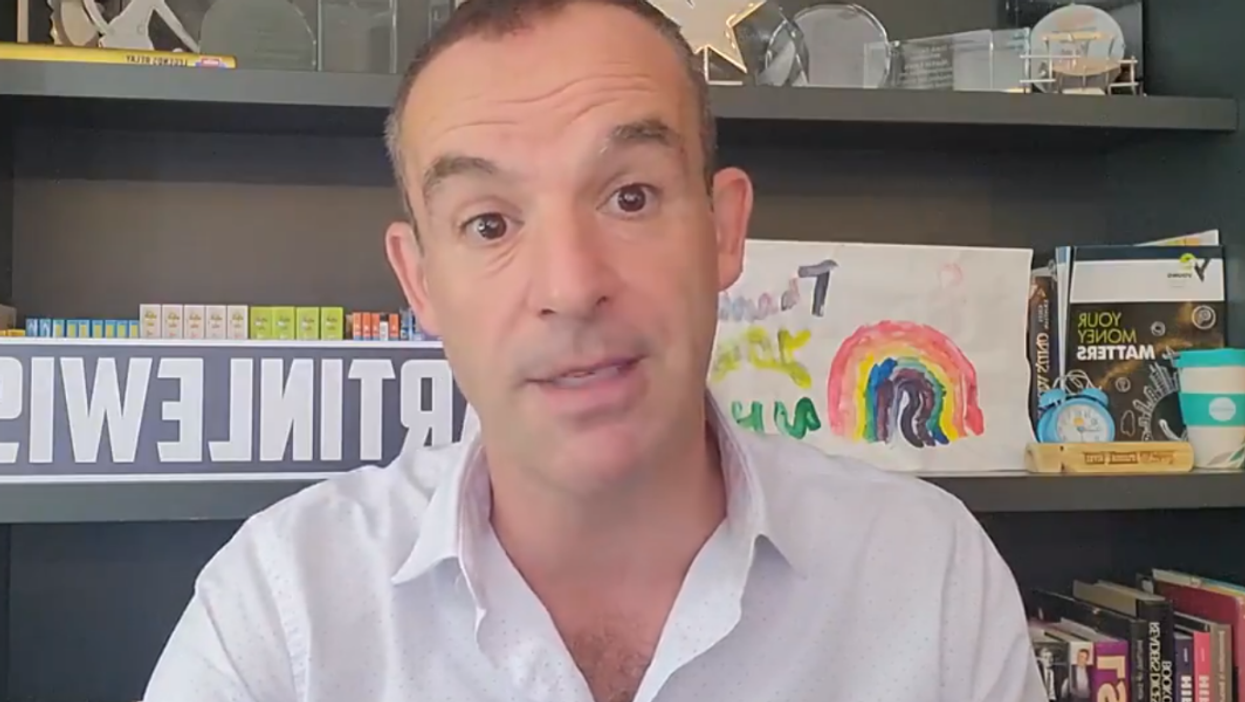Elaine McCallig
Sep 21, 2021
Money saving expert Martin Lewis has uploaded a video expertly explaining the energy crisis and people have found it incredibly helpful.
According to the Oil & Gas UK trade body, wholesale gas prices have rocketed 250 per cent since the start of the year — including a 70 per cent rise since August.
The gas market is hugely important to the UK’s energy supply because of its significance in heating, industry, and power generation. Over 22 million households are connected to the gas grid, according to the government. This has raised concerns about a difficult winter for Brits.
In the video, Lewis explained why this has come to be. He said: “Energy bills have risen enormously to an unprecedented level, we’ve never seen anything like what’s happening right now.”
Several negative factors have come together to cause a rise in the wholesale prices energy firms have to pay. Compared to nearly 20 months ago, these gas prices have soared four times, and Lewis warned that that’s going to feed into domestic prices, and that the energy price cap would remain in place.
What does all this mean for your pocket?
It means we shouldn’t be worrying about cutting bills right now, rather, we should be concerned with “damage limitation” to prevent paying a huge increase, Lewis said.
Putting the crisis in perspective, he outlined that the cheapest tariffs available today are 40 per cent more than the cheapest tariffs available a year ago. Those coming off cheap fixed deals will particularly feel the brunt of the crisis, and will pay “substantially more” than they were before.
The price cap is also a key term you’ll hear on the news when the energy bills crisis is being discussed. The cap is the maximum amount regulator Ofgem allows suppliers to charge on their default tariffs.
On 1st October, the cap will increase by 12 per cent to £1,277 — a rise of £139. This sum is based on the estimated costs for an average household. Confusingly, the energy cap isn’t necessarily a cap on the price you pay, however. Rather, it’s a cap on rates, so the more units of energy you use, the more you’ll pay and vice versa.
The price cap is based on the wholesale prices based in the six months up to the beginning of August.
Lewis explained: “Prices were rising at that point, but nowhere near as extreme as they are right now, so all we’ve got factored into that price cap is the early part of the price rise, and that is pushing it up 12 per cent.
“At the current run-rate, when it moves again on the first of April next year you would expect to see the price cap for someone on typical usage to jump from the £1277 it will be from October to around £1500 a year or more, that’s the scale of rise that we’re seeing.”
For more information on how the energy price cap may affect you, visit Ofgem’s guide.
What can customers do?
He said the fact that past wholesale prices are being taken into account right now is good for customers, as the cap will be locked in at a lower price. However, some companies have been stung by this and have gone bust.
Lewis said customers have two choices; stick with your current supplier and “cross your fingers” things get cheaper before April and shop around after.
Or, lock yourself into a cheap one of two year fixed deal now. He said these deals may be a little bit cheaper than the 1 October price cap, so if things continue to rise you’ll be locked in at a cheaper rate. These deals are not likely to last long however as people snap them up.
“We are going to see people this winter choosing between heating and eating,” Lewis said.
“We already have the universal credit extra £20 uplifting disappearing, we have furlough disappearing, the self-employment grants are ending, inflation is at a high, this is a terrible time for people’s finances. And now we have this energy price rise.”
People can also check if they’re entitled to the Warm Home Discount scheme, which is a £140 lump sum. Lewis points out that this scheme hasn’t kept pace with the price of energy as it’s been the same amount for nine years, and the cheapest deals have now gone up by 40 per cent in just a year.
He also advised talking directly to your energy supplier if you’re struggling as they may be able to offer grants and support.
Customers can also compare energy deals on his website, moneysavingexpert.com.
Reacting to his advice, people urged others to watch it and praised Lewis for his savviness.
Let’s hope it helps people.
Top 100
The Conversation (0)














